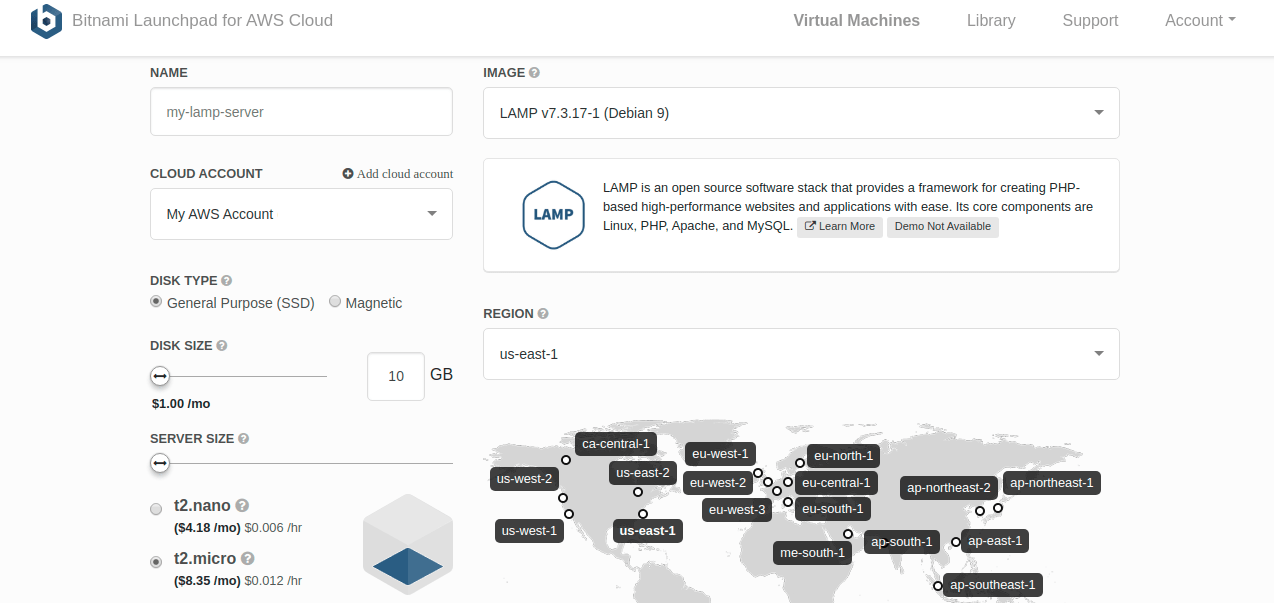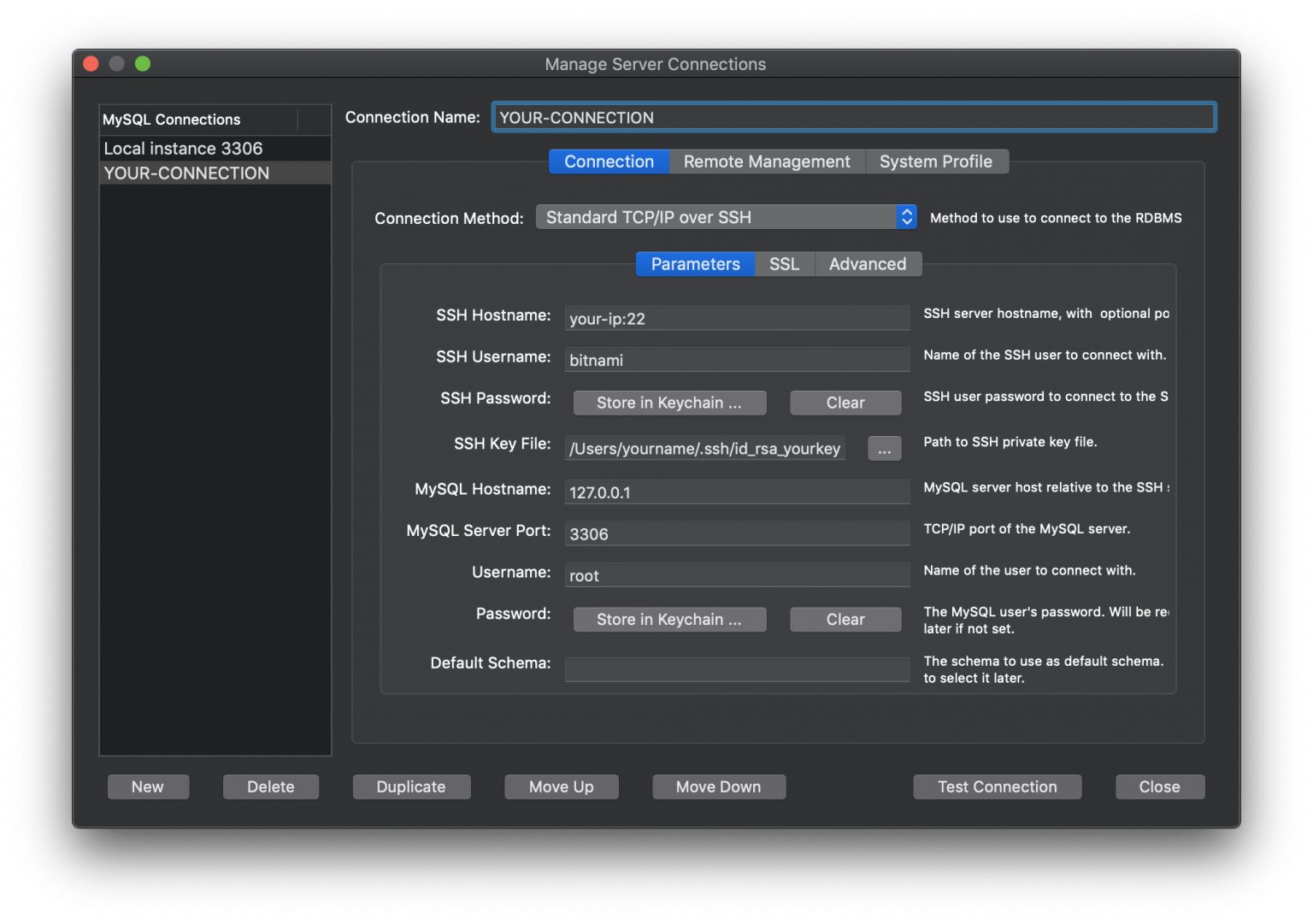

Update your system and install Elasticsearch with: sudo apt-get update & sudo apt-get install elasticsearch To install a version of Elasticsearch that contains only features licensed under Apache 2.0, use: echo "deb stable main" | sudo tee -a /etc/apt//elastic-7.x.list Install the apt-transport-https package: sudo apt-get install apt-transport-httpsĪdd the following Elasticsearch list to the key: echo "deb stable main" | sudo tee -a /etc/apt//elastic-7.x.list To begin the process of installing Elasticsearch, add the following repository key: wget -qO - | sudo apt-key add. There are various ways to install Elasticsearch but we will be using DEB packages. The ability to work with data in schema-free JSON documents (noSQL).A powerful internal search technology (Lucene).Installing ElasticsearchĮlasticsearch is a widely used database and a search server, and it’s the main component of the ELK setup. Production tip: A production installation needs at least three EC2 instances - one per component, each with an attached EBS SSD volume. Finally, we added a new elastic IP address and associated it with our running instance in order to connect to the internet. We started an EC2 instance in the public subnet of a VPC, and then we set up the security group (firewall) to enable access from anywhere using SSH and TCP 5601 (Kibana). We ran this tutorial on a single AWS Ubuntu 16.04 instance on an m4.large instance using its local storage. AWS Environment: What to know about putting the ELK Stack on AWS We’ll start by describing the environment, then we’ll walk through how each component is installed, and finish by configuring our sandbox server to send its system logs to Logstash and view them via Kibana. Due to the fact that a production setup is more comprehensive, we decided to elaborate on how each component configuration should be changed to prepare for use in a production environment. The following instructions will lead you through the steps involved in creating a working sandbox environment. In this article, we will guide you through the simple installation of the ELK Stack on AWS, or Amazon Web Services. With a large open-source community, ELK has become quite popular, and it is a pleasure to work with. It stands for Elasticsearch (a NoSQL database and search server), Logstash (a log shipping and parsing service), and Kibana (a web interface that connects users with the Elasticsearch database and enables visualization and search options for system operation users).

The ELK Stack is a great open-source stack for log aggregation and analytics.


 0 kommentar(er)
0 kommentar(er)
